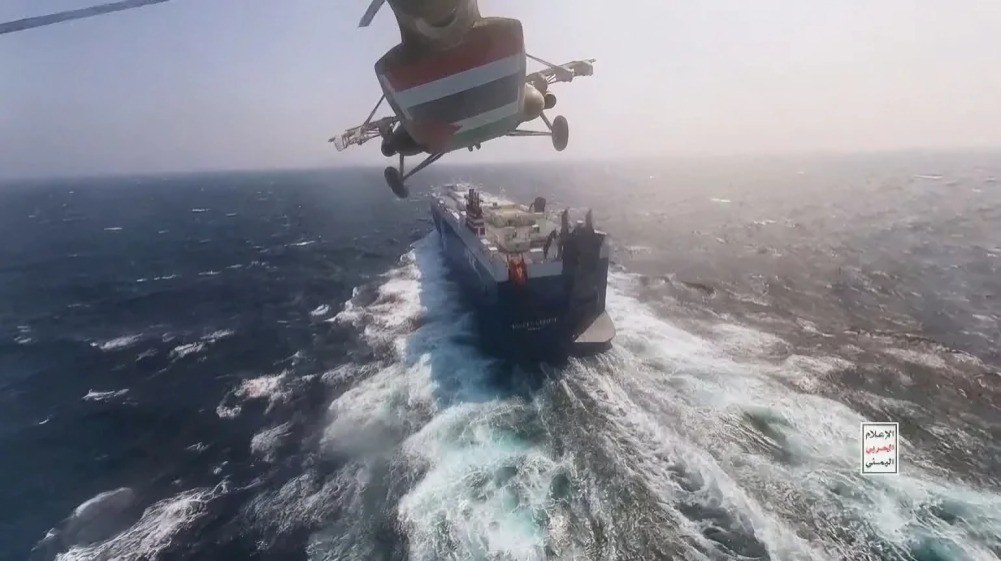


Barran Press
Global shipping giant A.P. Møller-Mærsk has raised its full-year profit forecast for the fourth time in under six months, citing stronger demand and higher freight rates fueled by supply chain disruptions caused by Houthi rebel attacks in the Red Sea. The company now projects underlying earnings before interest, taxes, depreciation, and amortization (EBITDA) between $11 billion and $11.5 billion, exceeding both its previous guidance and Bloomberg analyst estimates of $10.1 billion.
The increased profitability, according to Bloomberg, is partly attributed to the impact of the conflict in the Red Sea, which has proven more significant than initially anticipated. Since late last year, Houthi attacks have forced container ships to reroute around the Cape of Good Hope, absorbing excess capacity in the container industry and boosting freight rates. Mærsk's partnership with Hapag-Lloyd AG, beginning in 2025, will also utilize the Cape of Good Hope route, suggesting the Red Sea's insecurity is expected to persist. The company forecasts global container demand growth of 6% this year, up from a previous range of 4%-6%.
While Mærsk's shares initially rose on the news, analyst Morten Holm Engard of Jyske Bank A/S notes a potential container shipping market surplus in 2025 and 2026, with the risk of a worsening situation for shipping companies should the Red Sea conflict resolve.
Meanwhile, the Cyprus Shipping Chamber has voiced serious concerns about the escalating situation in the Red Sea, calling for stronger international measures to protect shipping lanes. Chamber Director General Thomas Kazakos highlighted the severe consequences of the attacks on maritime operations, including increased insurance premiums, rerouting, longer transit times, and supply chain delays. He emphasized the vital role of the Red Sea, through which 12% of global trade passes, connecting Europe and Asia. Kazakos also noted that Cypriot-linked vessels have been directly affected, with incidents of hostage-taking and crew losses. The Chamber is actively monitoring the situation, advocating for stronger action beyond mere condemnation, and collaborating with international bodies to support the industry.